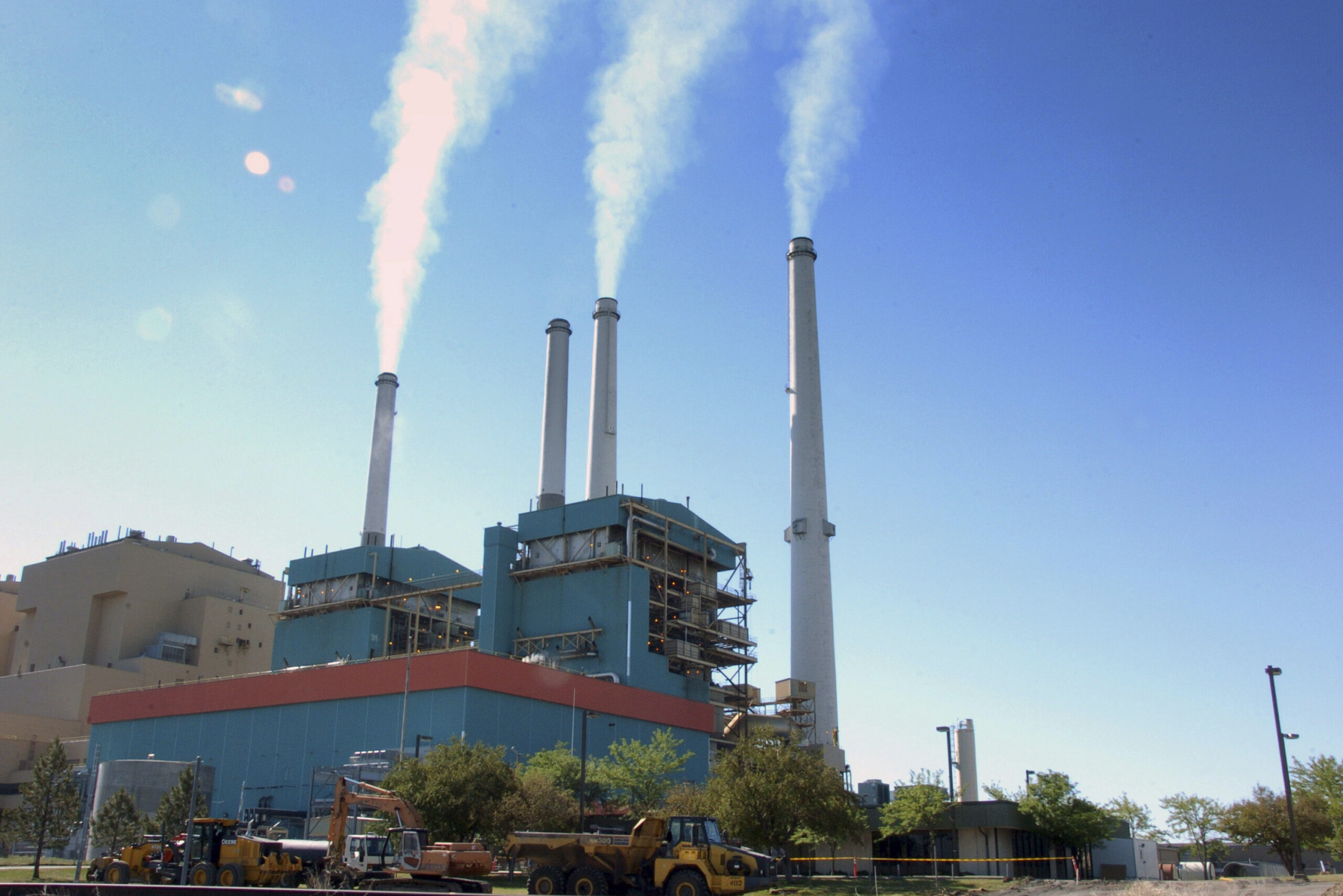A significant rise in sea levels could put coastal cities at risk of serious devastation this century if coal-generated electricity is not essentially eliminated in its entirety.
A new study authored by Alexander Nauels and colleagues from the University of Melbourne, revealed the results by combining “Antarctica’s contribution to sea level rise and the latest emissions projection scenarios,” The Guardian reported.
The rise in sea levels is an issue that needs attention and strategy to properly combat, but the crises that would inevitably follow as a result could be averted if countries meet their commitments to the Paris climate agreement by keeping the planet “well below” 2 degrees celsius.
“The 1.5C limit in the Paris Agreement is a much safer bet to avoid this additional contribution than only achieving 2C,” Nauels said.
Previous studies, such as Robert DeConto’s in 2016, “revealed that Antarctica could contribute to massive sea level rise much earlier than thought,” according to The Guardian.
However, the study did not factor in strategies that could be used to avert those consequences, or other contributing factors.
But the study by Nauels “uses simplified physical models that allowed them to explore all known contributions to sea level rise, and pair them with the new generation of emissions scenarios which the Intergovernmental Panel on Climate Change (IPCC) will use in the next set of reports,” The Guardian reported.
The study determined that if no action is taken to limit carbon pollution, global sea levels will rise by roughly 1.32 meters (4 feet), which is 50 percent higher than previous estimates.
DeConto, the author of the original 2016 study, said that the threats can still be managed.
“In the aggressive mitigation pathways, where we assume that the global community gets its act together and we reduce emissions, it’s a much rosier picture. There’s a much reduced risk of dramatic sea level rise from Antarctica,” he said, according to The Guardian. “This study fully reinforces that.”
Instead, President Donald Trump has pledged to revitalize the coal industry and he has already made moves to do so. Among them is a rule Trump rolled back that prevented coal mining companies from dumping debris into local streams.
The Trump administration also pulled the U.S. out of the Paris climate agreement, which makes it the only nation other than Syria to have not signed onto the deal. Nicaragua originally didn’t join the agreement because they believed it didn’t do enough to combat climate change, but eventually signed on this week.
The Environmental Protection Agency, headed by Scott Pruitt, has also taken several steps to undermine the threat of global warming. Pruitt has openly questioned the impact man-made carbon emissions have on the planet and has stacked his agency with fossil fuel insiders. Last week, a watchdog analysis revealed that the EPA removed all references of climate change, as well as resources to combat the issue, from its climate website.

